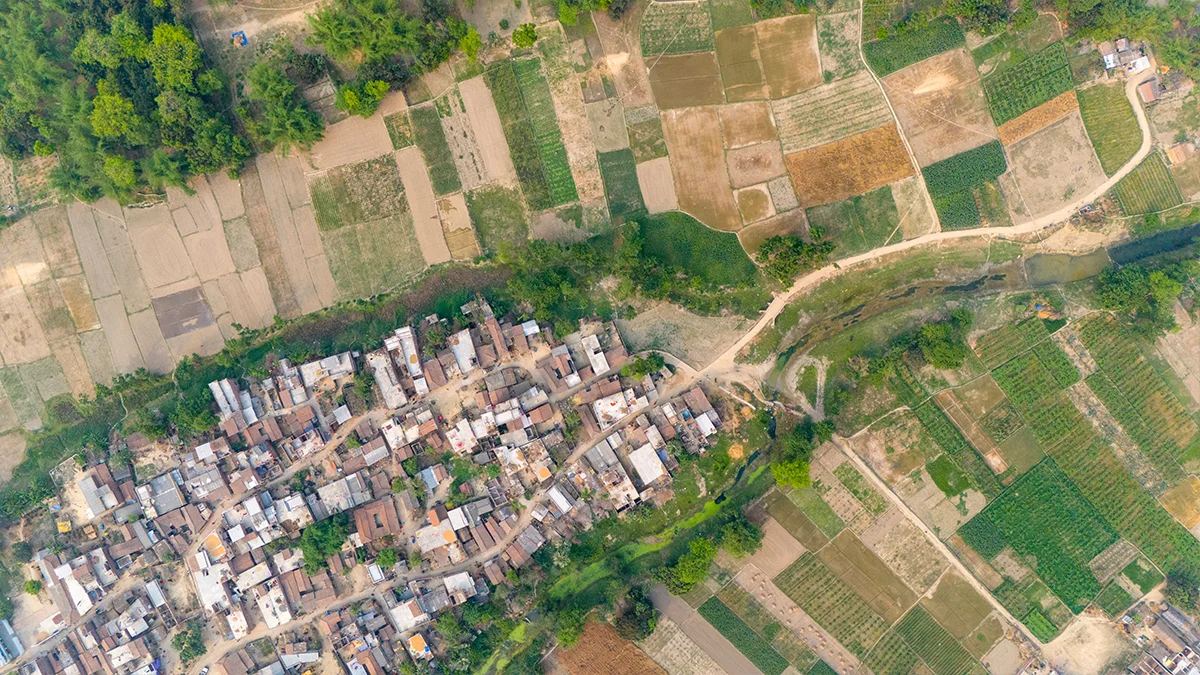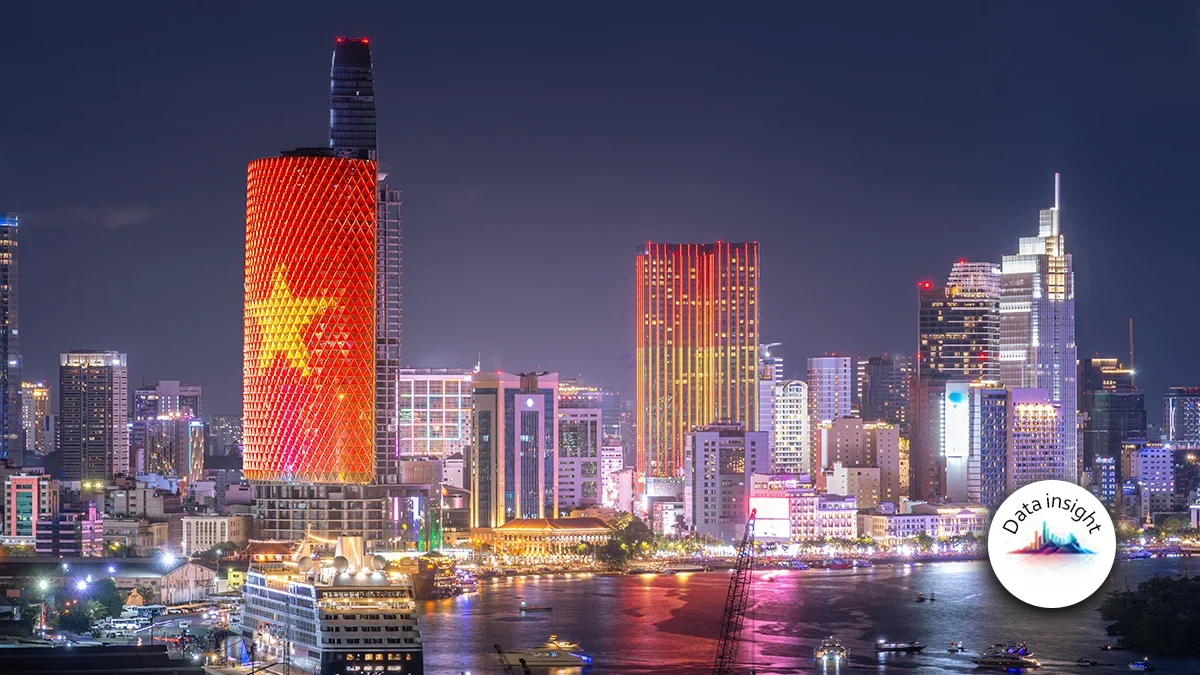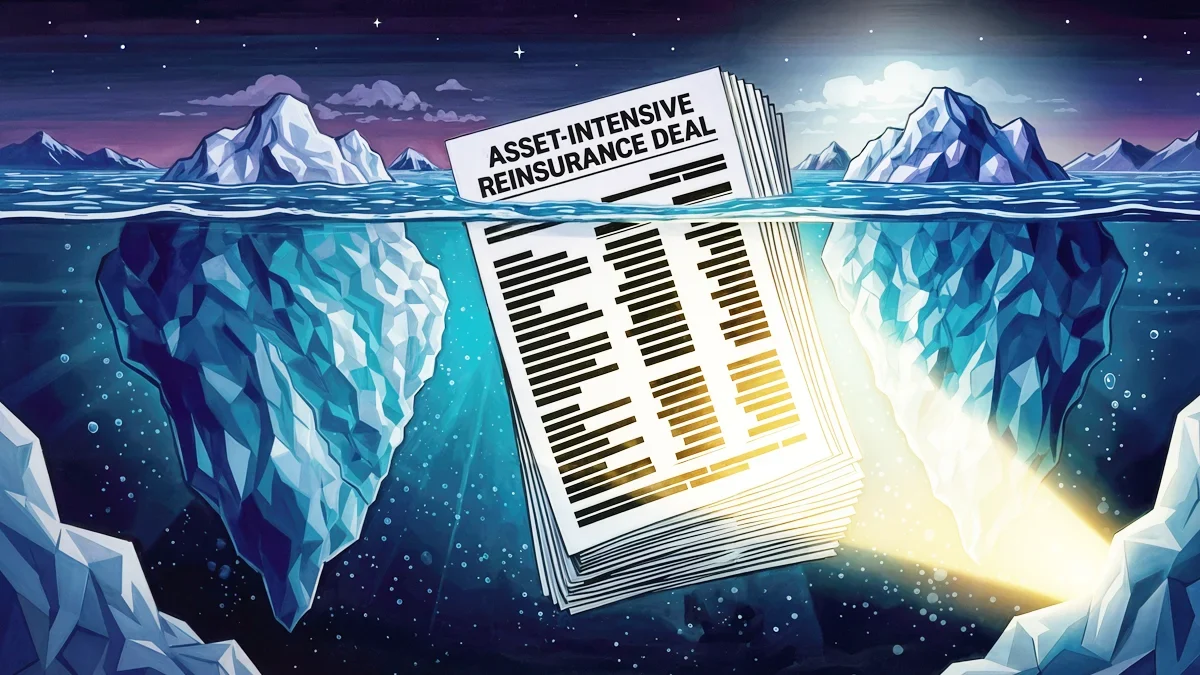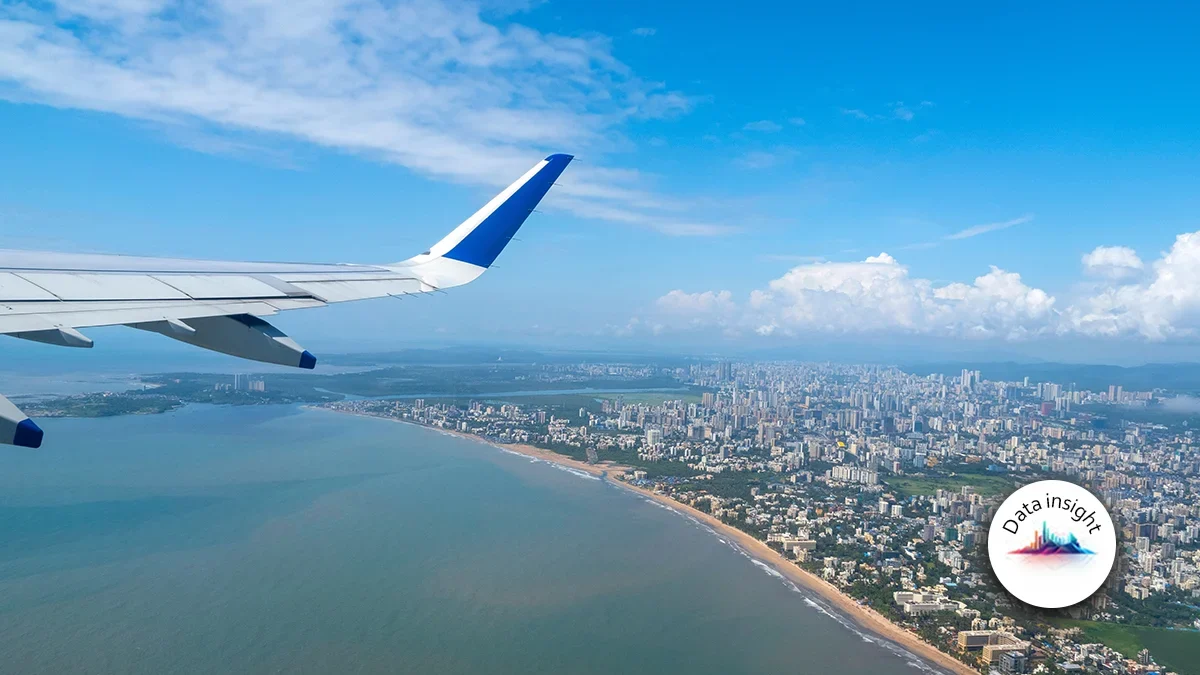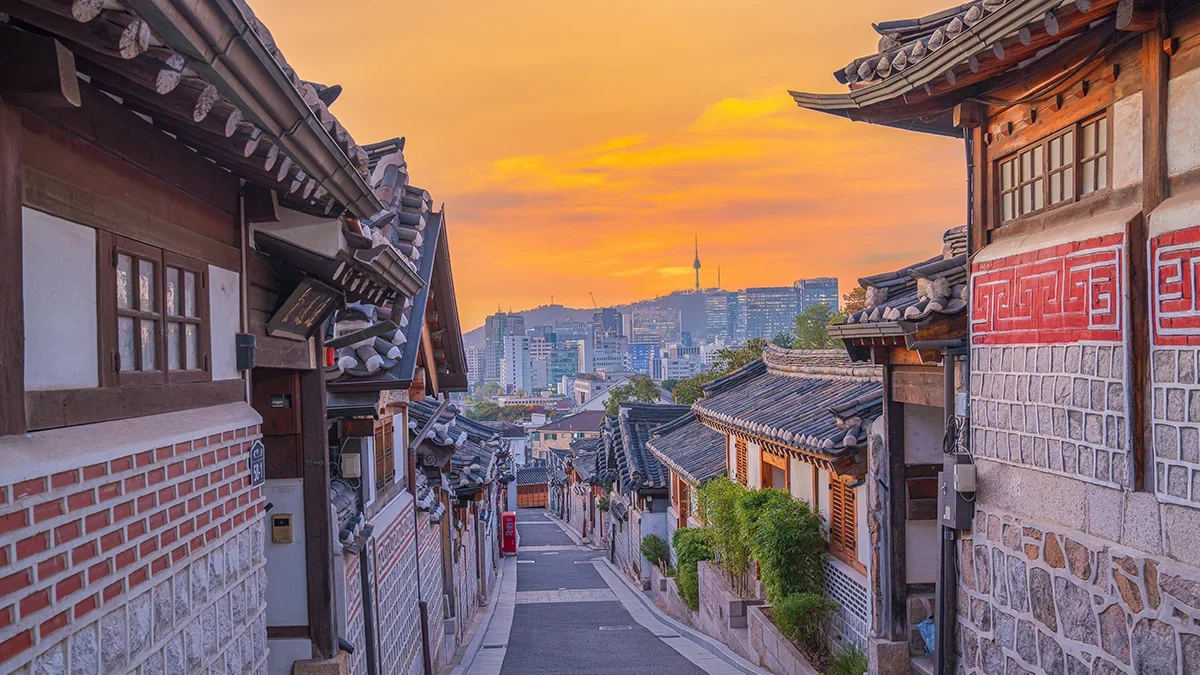• A rise in domestic M&A deal has given a boost to W&I insurance in Japan.
• Cross-border transactions have been on the wane because of a weakening yen.
• Capacity constraints mean that very large deals still need to go to the overseas market, but this is happening less and less.
• Japan’s largest insurers have been offering W&I insurance on the local market since 2020.
• Private equity firm are the main users of W&I insurers, but corporates are showing increasing interest.
• Succession deals could be next growth driver.
A surge in domestic M&A deals in Japan has given a boost to the country’s market for warrant and indemnity (W&I) insurance, even as a weakening yen suppresses appetite for overseas acquisitions.
“Prior to 2018, buyers could really only consider W&I for Japanese target deals if deal documentation was in English, and so we were averaging only one domestic target deal a year up until 2018,” says Brent Bell, head of the private equity and M&A division for Marsh Japan.
Bell says that there were two inflexion points. One was an adjustment by international insurers to accommodate non-English documents, with selected translations. The second came in 2020 when Japanese insurers began to offer insurance with a purely Japanese process.
“Now our book is split almost evenly between cross-border deals and domestic deals,” says Bell.
Covid-19 hit the global M&A industry hard in 2020, with many deals being derailed. While activity started to return in 2021, Japanese buyers were late to return to the party and it wasn’t until 2022 that they really started to go after overseas targets again.

Brent Bell
Head of Private Equity and M&A at Marsh JapanEven now, the sector hasn’t fully recovered, with a weakening yen making foreign acquisitions less attractive than they were. However, an increase in domestic deals has filled some of this void, creating new opportunities for onshore insurers to sell M&A products to the local market.
Foreign insurers such as AIG and Liberty have been selling W&I insurance in Japan for cross-border deals since 2015. Since 2020, four of the country’s largest insurers – Tokio Marine, Sompo, Mitsui Sumitomo and Aioi Nissay Dowa – have been offering W&I insurance for domestic targets. Fusion Specialty, a foreign insurer, is now looking to expand into this space.
Huge opportunity
One of the reasons that insurers and brokers are becoming so excited about these opportunities is because of the growing gap between the number of domestic M&A deals appearing on the market and the amount of those deals that are insured.
“There were more than 4000 M&A deals last year, but only 40 to 50 of these deals were insured. This is around 1% of total transactions, which is not so many compared to the US or Europe,” says Kosuke Inada, Chief Executive Officer of Time Machine Underwriters, a Japanese MGA that was established in 2020 specifically to support the country’s emerging W&I industry.
By comparison, there were 600 cross-border M&A transactions last year, with around 20 of these being covered by insurance, according to Inada – a ratio of 3.3%.
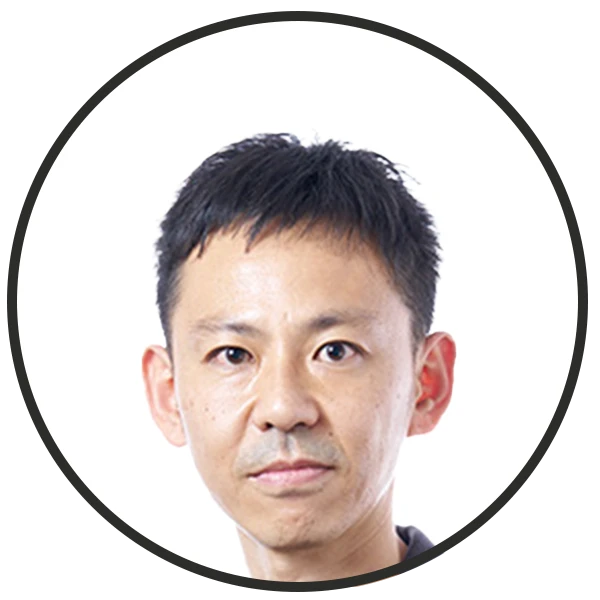
Kosuke Inada
Chief Executive Officer at Time Machine UnderwritersWith such a low level of coverage, the potential opportunities for insurers active in the sector are vast.
“More and more people are becoming interested in W&I insurance, with private equity companies being especially interested in the policies,” says Inada.
The CEO says that 60-70% of Time Machine Underwriters’ clients are private equity firms, with the rest being corporates.
“Private equity activity in Japan has been increasing significantly in recent years. At least some of these firms are very familiar with W&I insurance, which they are likely to want to use in their transactions,” says Takanari Sekiguchi, a Partner for local law firm Hibiya Nakata. “Now Japanese companies are starting to learn about W&I insurance from these private equity companies, and so as the next stage some of these local firms are starting to look at these policies.”

Takanari Sekiguchi
Partner at Hibiya NakataLocal capacity
While demand for this kind of insurance has been growing rapidly, there remain constraints to capacity. This means that, for very large transactions, firms still have no choice but to turn to the international market.
Marsh says that it is able to source the equivalent of US$70m in local capacity for the M&A insurance market. This compares to around US$500m (or even more) available for Japanese domiciled buyers from international insurance markets.
A few months ago, a client in Japan approached Time Machine Underwriters and asked them to provide more than ¥20bn (US$133m) in M&A insurance capacity. This was nearly twice what the local market could support, and therefore clearly couldn’t be placed domestically.
In such an instance, brokers on the market will build an ‘insurance tower’ with an international player, such as AIG or Liberty, at the centre.
While this provides a handy solution for sourcing capacity when the local market falls short, it is far from ideal and requires certain Japanese documents, such as sales and purchase agreements, to be translated into English. Underwriting quotations are also likely to be in English, requiring insureds to have English-language capabilities in order to understand them.
“It is happening less and less as Japanese insurers expand their capacity – probably only a handful of times each year – but there are cases where buyers have gone with an international panel as limits were not sufficiently available through the Japanese insurers alone. This is definitely a consideration and we do have these conversations with our clients,” says Bell.
Capacity is improving all the time. Inada says that three-and-a-half years it was half what it is today. He expects that, as interest in the market continues to grow, the size of the deals that can be executed locally, without having to bring in extra capacity from overseas, will also increase.
“Since 2020, we’ve increasingly been able to solve the supply side of the puzzle, and the demand has quickly followed. The local domestic insurers are established and hungry, and we are predicting more innovation through the latest wave of international entrants,” says Bell.
As a result, pricing has been steadily falling and the process has become increasingly more buyer-friendly.
“We’ve seen this happening over the past three-and-a-half years,” says Bell.
He adds that, with the number of domestic M&A transactions appearing on the market and a growing awareness of the value that insurance will bring, there is no reason to expect this trend to reverse.
“Private equity deal makers have driven the increase in demand for M&A insurance solutions. However, even if you strip out the private equity buyers, there’s still a lot of Japanese-to-Japanese M&A activity that is taking place,” says Bell.
Succession deals could be the next driver, he adds. These are transactions that take place as the original founder of a business reaches an age that he or she wants to retire at, and is unable to find a natural successor.
“Despite the global gloominess, Japan is just going to keep doing what it is doing. The country feels a bit unique in this regard,” says Bell.










